A fresh climate change accord between Bangladesh and the UK
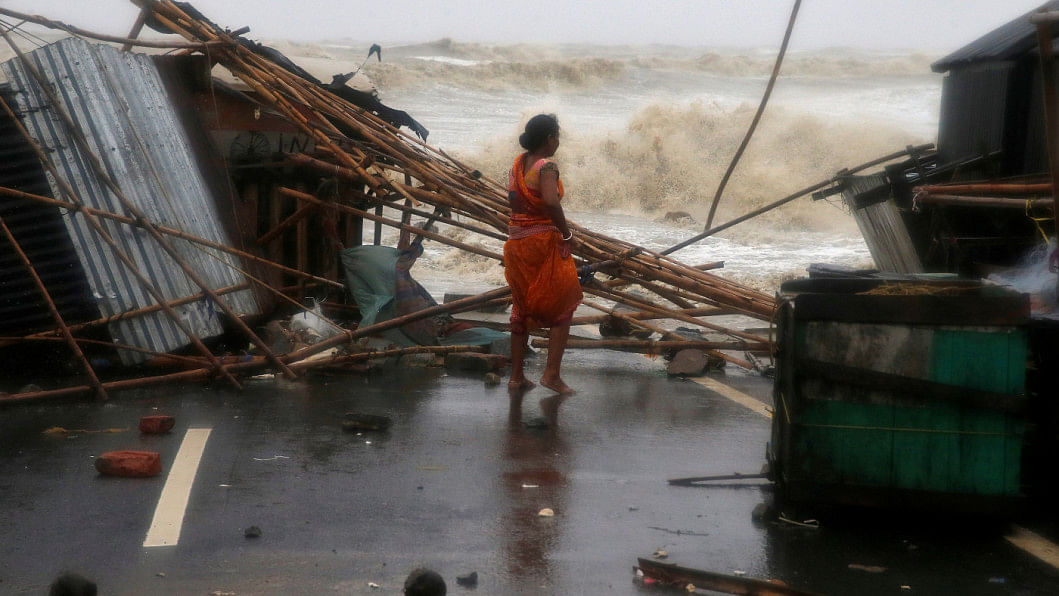
This week, the United Kingdom Minister for Asia Pacific Anne-Marie Trevelyan visited Bangladesh and signed a Climate Change Accord with the Bangladesh government to join forces to tackle climate change. The discussion for this accord started at the 2021 COP26 in Glasgow when Prime Minister Sheikh Hasina was present.
The Accord represents a paradigm shift for cooperation between the UK and Bangladesh that goes well beyond previous relationships with the UK as a donor or even a development partner. It even goes beyond the bilateral relationship building between the two countries and towards a new kind of partnership to join forces to tackle the global challenge of climate change.
It is in that spirit of a genuine, mutually beneficial partnership that I will share some ideas that can be included in the implementation of the Climate Change Accord.
The first recommendation I will focus on is the opportunity for collaboration on research to tackle the twin global challenges of climate change and poverty, building on the very rich foundation of collaborative research between universities and research institutes in both countries. This can consist of a strategic partnership to encourage collaborative research proposals to be submitted in a competitive manner on tackling climate change and poverty at the same time. Such strategic funding of research would replace the current ad hoc collaborative research that is already taking place, which produces good research but does not add up in terms of impacts on the ground.
Such strategic funding would not only benefit Bangladesh but also the UK, and indeed many other countries as well. It will be a genuine global public good in terms of the knowledge it will generate.
A second aspect of this proposal would be to enhance the scholarship funds for students from Bangladesh to go to the UK for their postgraduate and PhD level studies and also provide scholarships from the Government of Bangladesh to UK students to come to Bangladesh for research and even enrol in study programmes here. The International Centre for Climate Change and Development (ICCCAD) at the Independent University Bangladesh (IUB) already hosts many visiting researchers from the UK each year, but such arrangements are all done on an ad hoc basis. A more strategic programme could involve other universities in Bangladesh hosting students from the UK. This would again reinforce the mutual benefits to be gained by both countries.
The third aspect of a more strategic approach to collaboration is technology transfer and involving the private sector in investing in clean energy and clean technology. Later this month, an event will take place in Bangladesh to discuss ongoing activities and the potential for further collaboration on science and technology between the UK and Bangladesh, organised by the alumni network of Imperial College in London (the premier science and technology university in the UK). The many alumni of UK universities in Bangladesh, whether in the government or private sector, are a great foundation of human resources that can be built on.
The final aspect of possible investment under the Accord is on the issue of loss and damage from climate change – for which a breakthrough agreement was reached at COP27 in November 2022 to establish a funding mechanism to address loss and damage. A new partnership has sprouted between UK-based research organisation International Institute for Environment and Development (IIED) and ICCCAD in order to set up a knowledge generation and capacity building initiative called ALL ACT, which had its global launch in Dhaka just a few days ago. The UK Bangladesh Accord could support this initiative, too.
As the UK and Bangladesh celebrate half a century of close bilateral relations, it is a good time to take this relationship to the next level by collaborating to tackle the joint global challenges of climate change and rising poverty.
Dr Saleemul Huq is director of the International Centre for Climate Change and Development at the Independent University Bangladesh.

 For all latest news, follow The Daily Star's Google News channel.
For all latest news, follow The Daily Star's Google News channel. 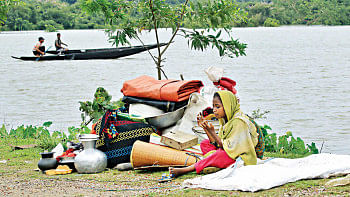
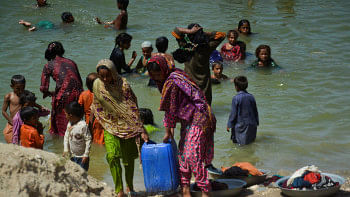






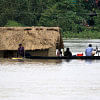
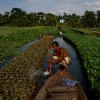


Comments